A good foot soak can be a relaxing way to end the day. And if you soak your feet in apple cider vinegar, the results will amaze you! Foot washing and soaking is a soothing act of self-care that you can indulge in. In fact, it will benefit you especially if you feel the effects of some health conditions that the vinegar will help you with.
Soak Your Feet In Apple Cider Vinegar. The Results Will Amaze You!
Ah! Relax those tired toes in a warm or cool bath of apple cider vinegar at the end of a day to clean, exfoliate, and heal your feet. Vinegar is a mild acid that can help slough off dead skin and refresh your feet, and apple cider vinegar is one of the kinds of vinegar with the most pleasing scent.
Teresa J. Kelechi, Certified Nursing Specialist, and Sally Stroud, Nurse Practitioner explains how apple cider vinegar is made; ‘Vinegar, or acetic acid, is produced by the fermentation of natural sugars to alcohol and then secondary fermentation to acetic acid. Apple cider vinegar is a weak acid and usually contains 4 percent to 8 percent acetic acid. For centuries, healers used apple cider vinegar as a cleanser and sanitizer. Hippocrates expounded on its medicinal properties, and the Bible contains references to its soothing and healing qualities.’
How To Make an Apple Cider Vinegar Foot Soak
When you shop for apple cider vinegar, there are different varieties. But make sure to purchase one that has some of the ‘mother’ floating around at the bottom of the bottle. This stuff that looks like it should have been filtered out is actually a highly beneficial part of the vinegar.
Use a tub that your feet fit comfortably in and fill it about two-thirds full with warm water from the tap; warm enough that you feel comfortable, but not too hot for your skin. If it is a hot day and you need to cool down, you can use cool water as well for the foot soak. Use only a half-cup to 1 cup of apple cider vinegar to the amount of water in a typical footbath tub.
Soak your feet for up to 30 minutes. Apple cider vinegar has a faint scent that fades after you take your feet out of the foot soak, you can rinse them with cool, clean water or you can let them dry naturally.
Health Problems That May Improve By Soaking Feet In Apple Cider Vinegar
- Soothe a bee sting
- Sore feet muscles
- Relieve pain from minor sunburn
- Heal dry skin
- Callus treatment
- Toenail fungus
- Remove corns and warts
- Prevent or treat foot odor
- Fade age or liver spots
- Treat athlete’s foot
- Cracked skin on heels
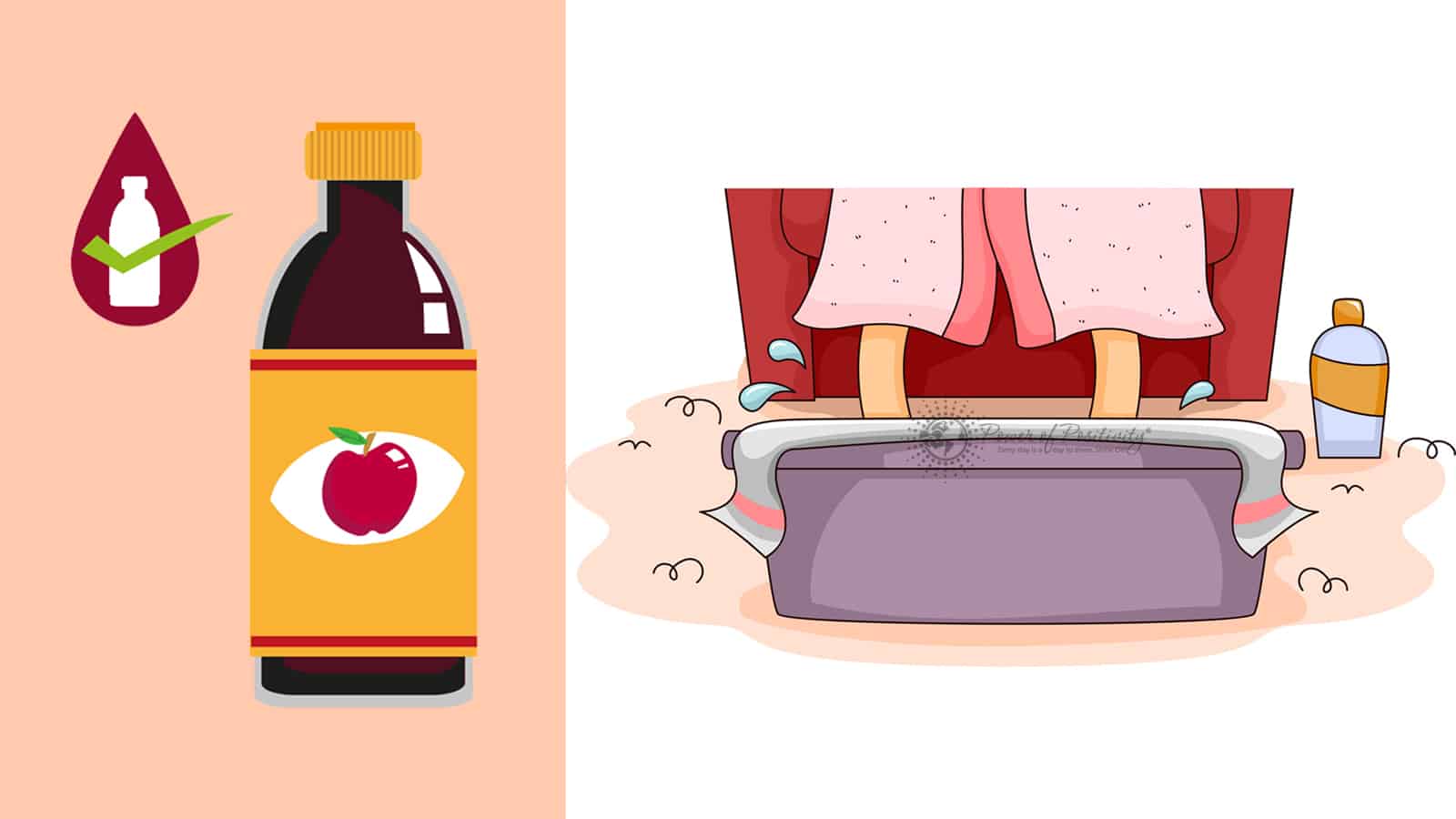
Teresa J. Kelechi, CNS, and Sally Stroud, NP, also say ‘Research shows that 2 percent to 3 percent acetic acid in vitro inhibits the growth of Pseudomonas aeruginosa, Staphylococcus aureus, Proteus mirabilis, and Streptococcus pyogenes.’ Killing bacteria that we may carry into our homes from our feet is also a great reason to try a foot soak in an apple cider vinegar solution.
Kelechi and Stroud also say that ‘Vinegar solution is mentioned descriptively in medical and nursing literature as a treatment for toenail fungus, athlete’s foot, and for use as an exfoliant for dry, flaky skin. The most often recommended mixture is one part vinegar to two parts warm water. Instruct patients to soak their feet for 15 to 20 minutes daily, rinse well and pat dry. Long-term use is contraindicated due to the potential for skin irritation.’
Because apple cider vinegar is a mild acid, you need to be careful of how your skin will react to being in contact with it. Remove your feet from the bath and rinse them with water if you begin to have a skin reaction that feels like it is burning or itching.
Other Possible Health Benefits of an Apple Cider Vinegar Foot Soak
Can we absorb apple cider vinegar through our skin and get health benefits from it? We do absorb many things through our skin, including oils, cosmetics, toxic substances, and vitamins. The beneficial minerals and enzymes of apple cider vinegar may also absorb the skin of our feet.
Talking about the health benefits of apple cider vinegar, researchers in Life Science Journal say ‘Apple cider vinegar has been traditionally used since many years ago to treat a certain number of diseases including hyperlipidemia which is known as a risk factor for atherosclerosis. Early prevention and treatment of atherosclerosis can prevent complications of cardiovascular diseases.’
Whether or not absorbing apple cider vinegar through a foot soak will help reduce your risk of heart or artery disease is unlikely. But you can also read this related article for more on the health benefits of drinking it instead.

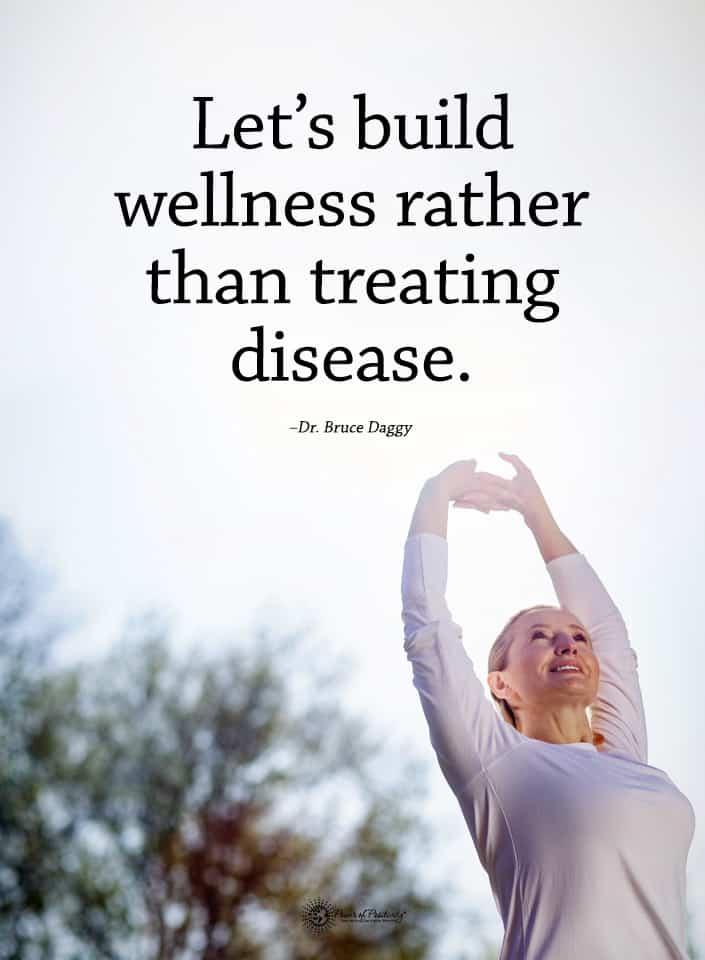
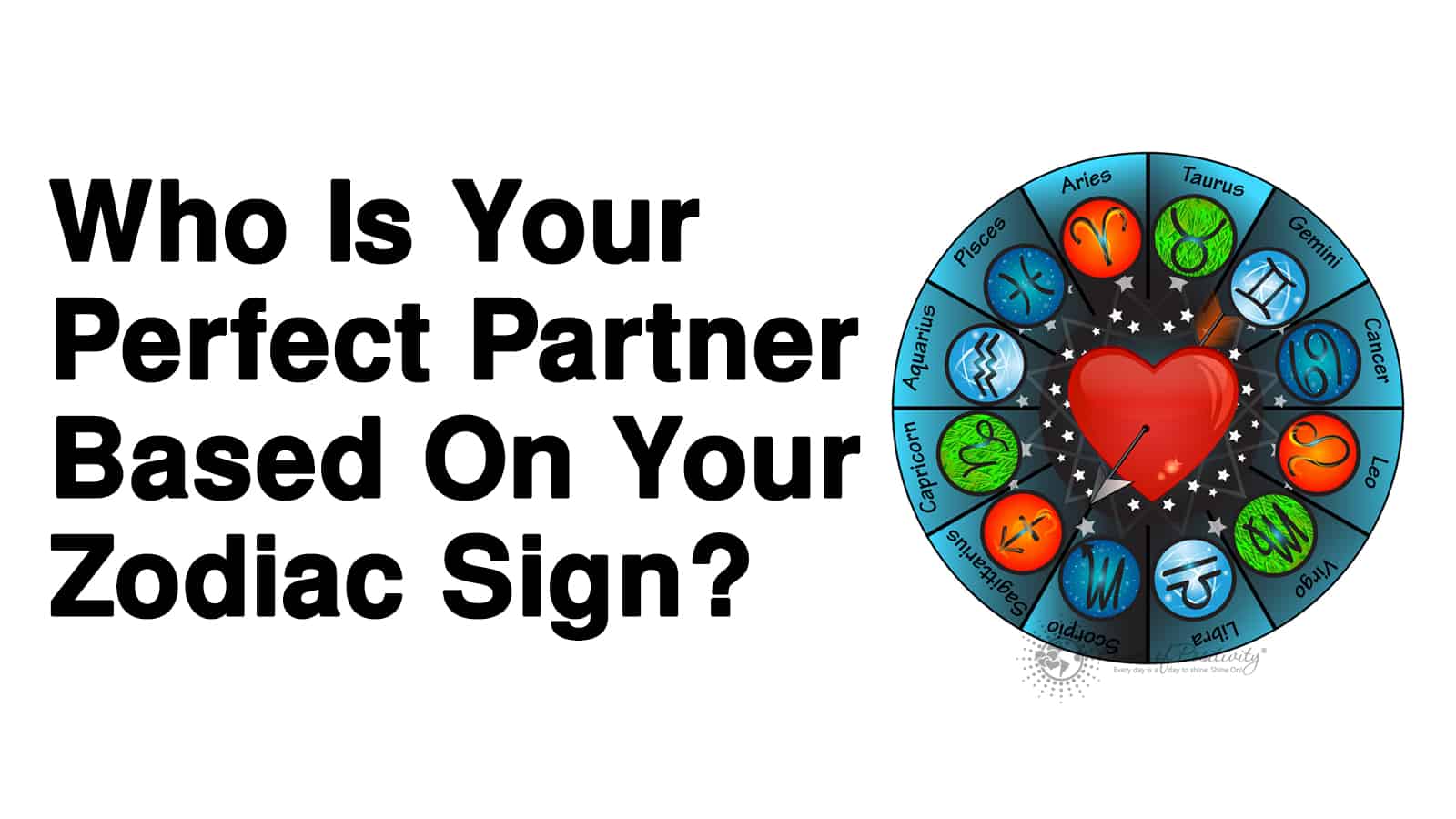
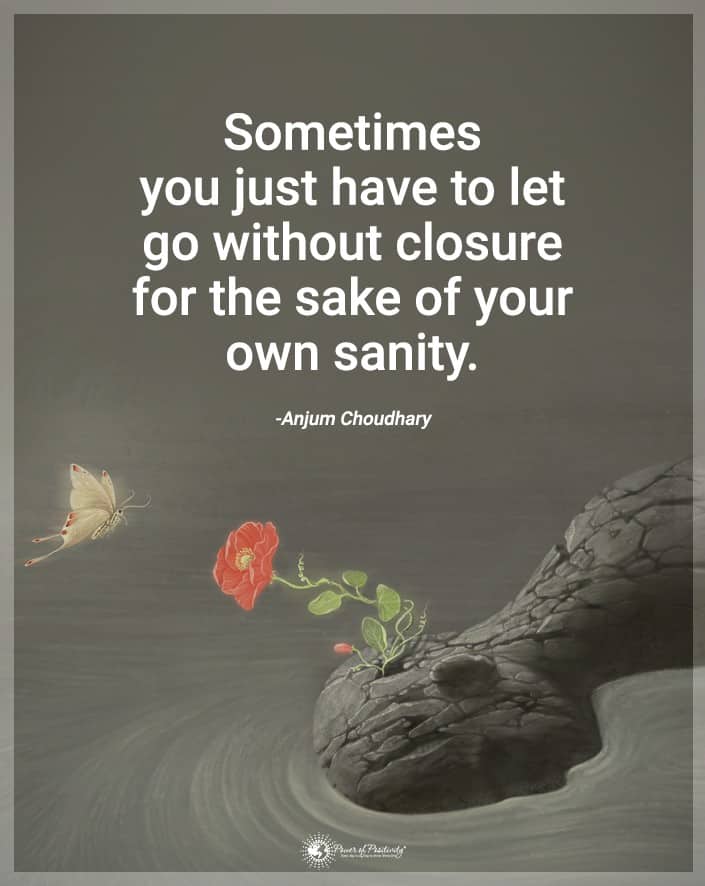
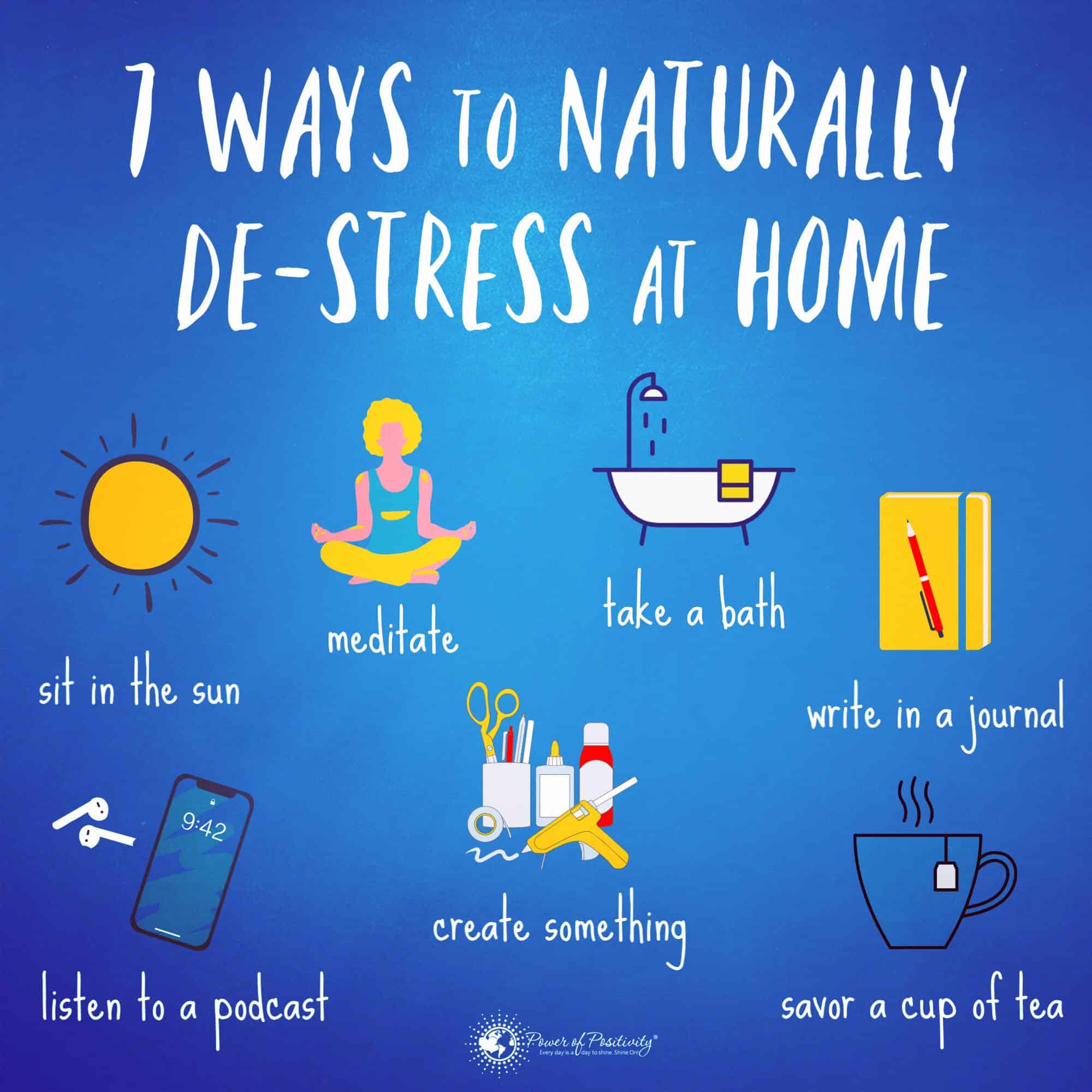
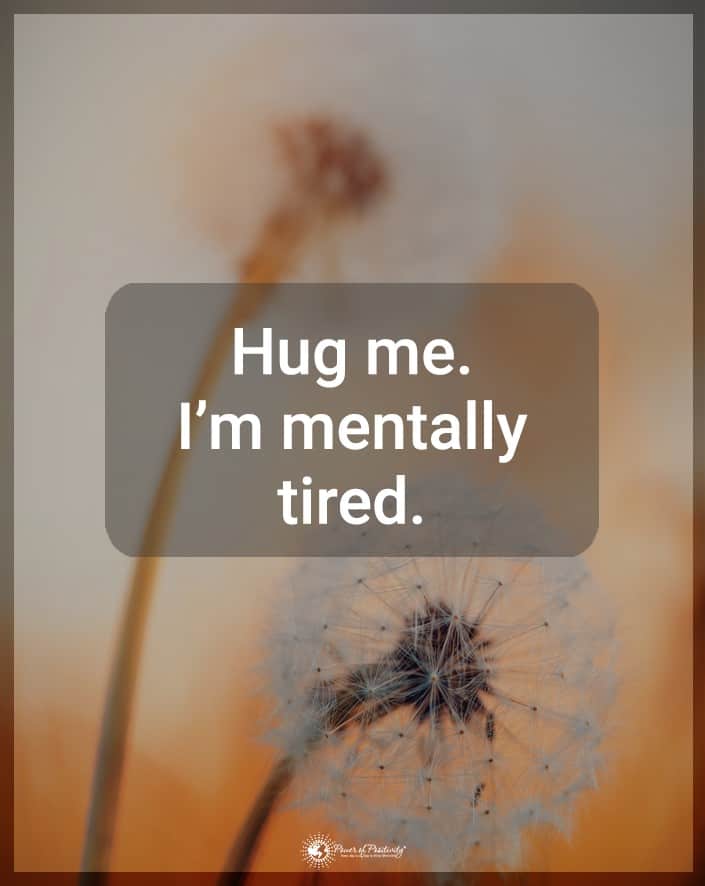
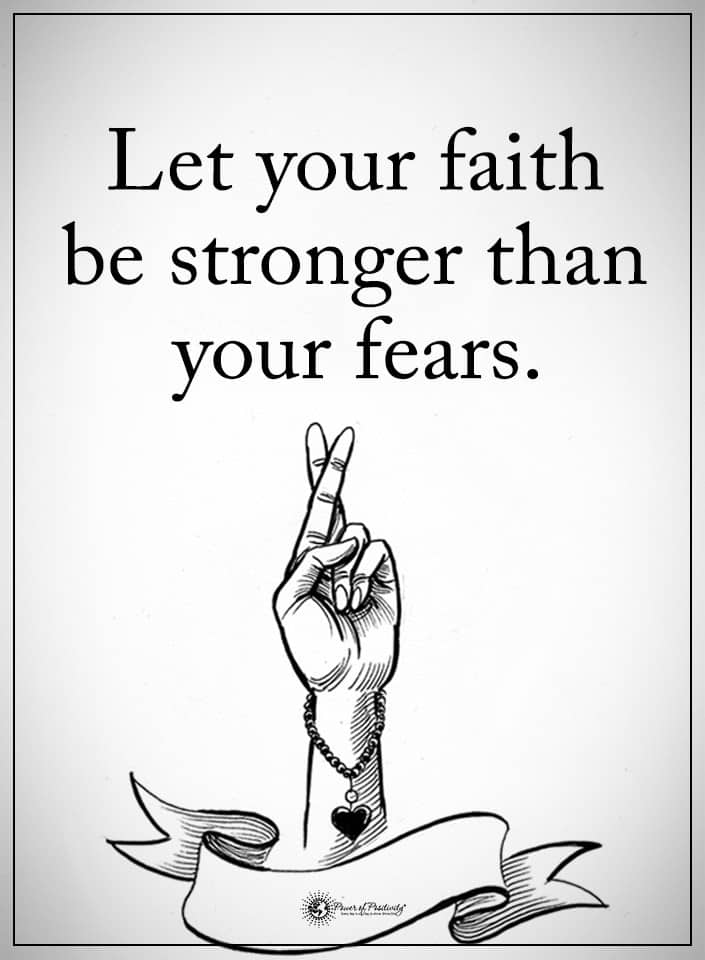
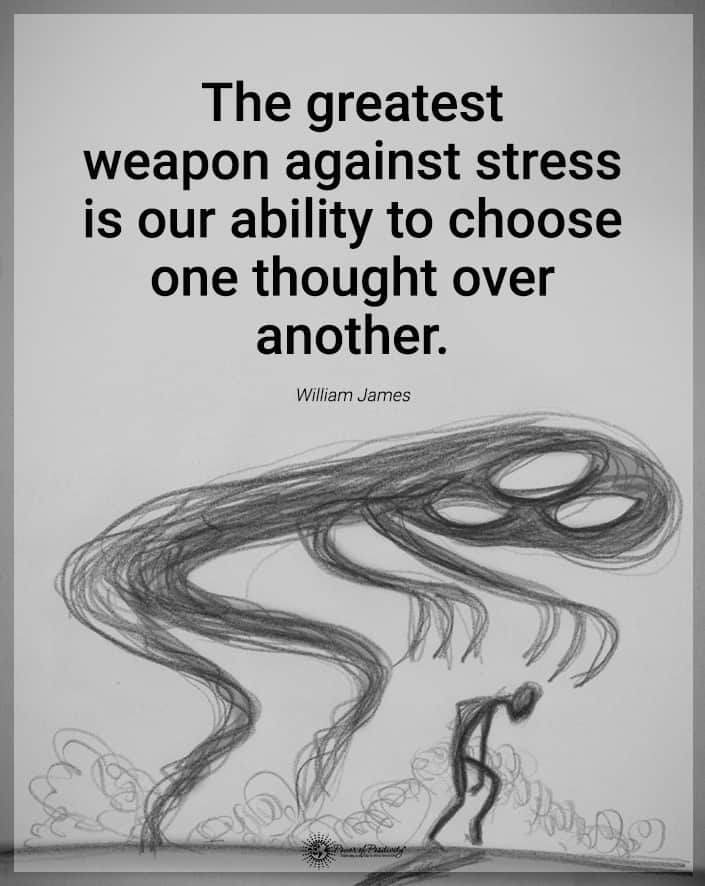 When you’re experiencing stress, you may not even be aware of how it affects your body. You may have physical symptoms that you don’t attribute to stress. It’s worth considering whether stress causes some of your physical problems. Stress can produce physical symptoms, such as the following conditions:
When you’re experiencing stress, you may not even be aware of how it affects your body. You may have physical symptoms that you don’t attribute to stress. It’s worth considering whether stress causes some of your physical problems. Stress can produce physical symptoms, such as the following conditions: 3 – Don’t procrastinate
3 – Don’t procrastinate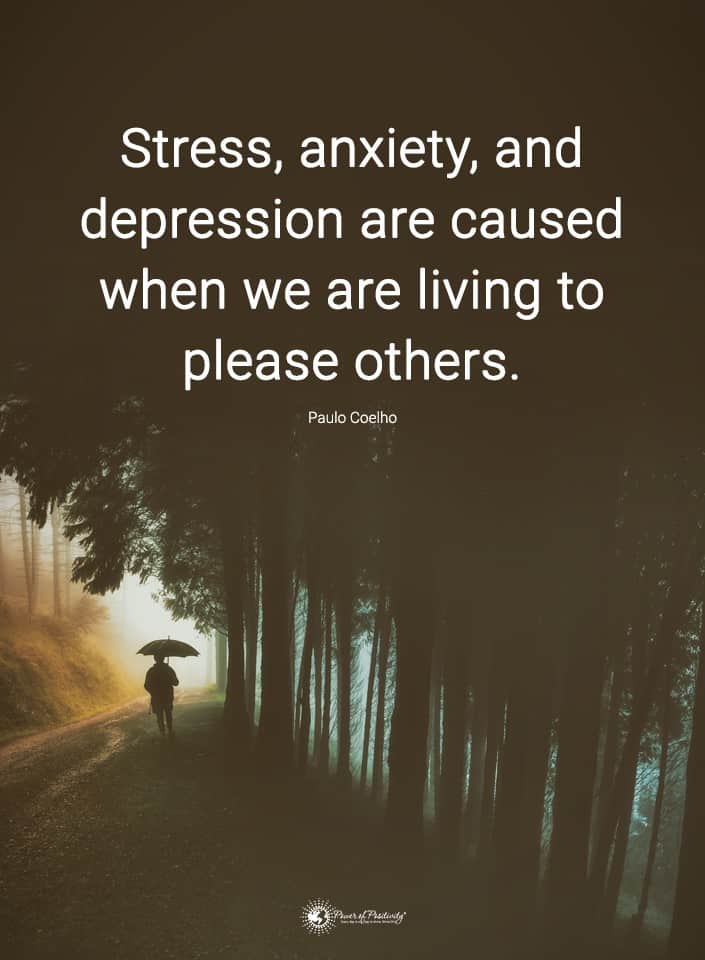 Final thoughts on how you can train your brain to be stress free
Final thoughts on how you can train your brain to be stress free

